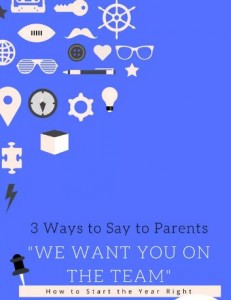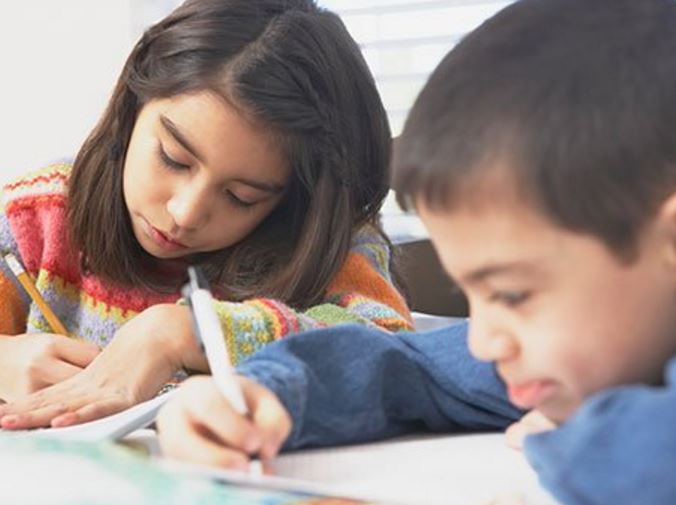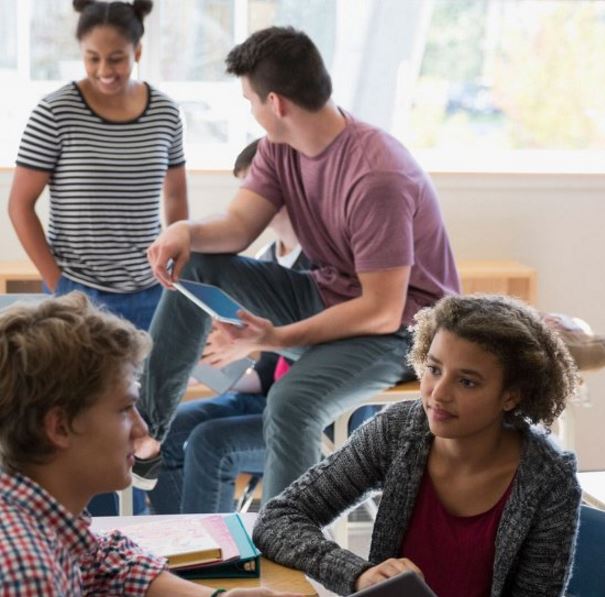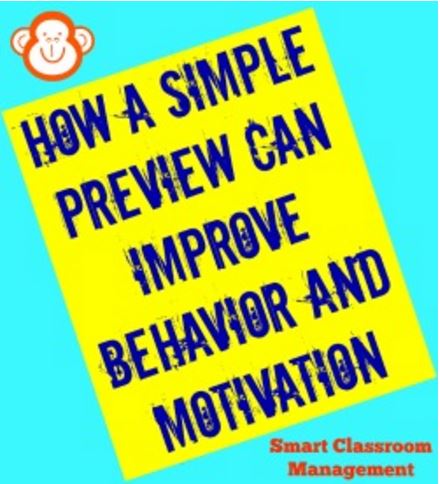

Teachers and parents are actually on the same team. They both want what is best for each child. Naturally teachers want to have a great relationship with students and their parents, but there may be things they are accidentally doing to harm that bond. You want to be aware of what you are doing so you can make changes.
Why is communication between teachers and parents so important to every child’s education?
J. Michael Hall, educator and speaker, feels that communication between parents and teachers is important, and they must be partners in a child’s education. Respect between teachers and parents is a two-way street, and it is a smoother street if teachers can make these interactions positive.
Teachers should start at the beginning of the year to build trust with parents by developing a positive relationship through personal interactions. These personal interactions might be a personal phone call or a parent’s night. In addition, teachers can use social media to provide pictures and alerts to keep parents informed.
And remember that as a teacher, you are a role model for student behavior. Teachers who demand timeliness from their students must reciprocate by being timely when communicating with students. Hopefully, struggles can be identified early and mutual trust between all parties will lead to a positive resolution.
For more about how teachers and parents can be an unbeatable team, read the original article here:
3 Ways Teachers Can Say to Parents, “We Want To Be On the Same Team”




